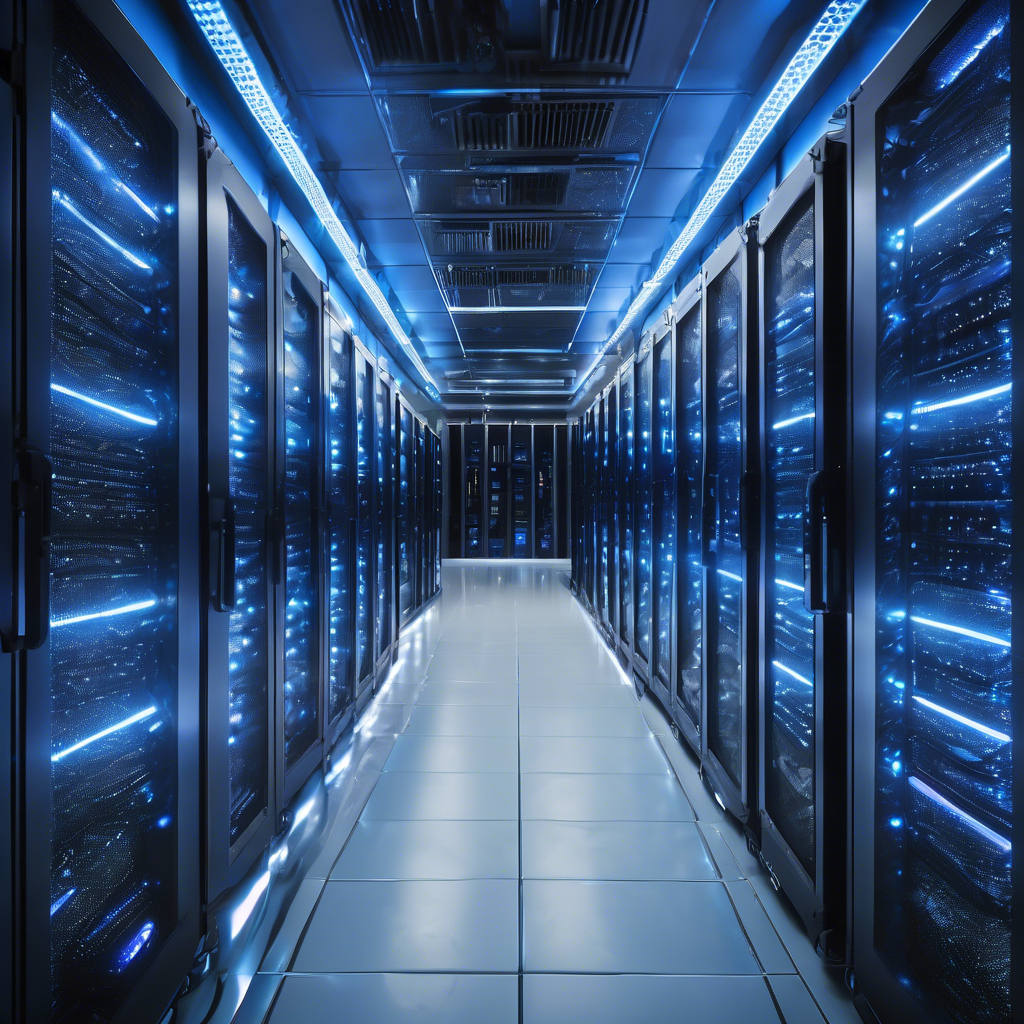
Data centers, once ubiquitous in suburbia alongside malls and soccer fields, have recently faced scrutiny after Microsoft canceled planned Ohio facilities and Amazon Web Services reconsidered some projects, sparking market concerns about a potential bust. However, this apparent slowdown is likely a temporary “pause” amid an overall robust spending environment driven by accelerating AI deployments. Vertiv’s CEO Giordano Albertazzi highlighted strong demand and growth prospects for data centers fueled by AI, a sentiment echoed by Amazon’s Kevin Miller, who confirmed sustained strong demand and rising projections over the next several years. The evolving AI landscape—including breakthroughs, new initiatives like China’s DeepSeek and Trump’s $500 billion AI Stargate program, and tariff uncertainties—has prompted the industry to rethink spending strategies, causing a measured pause in new projects rather than a decline in demand. Pat Lynch of CBRE views this as a cautious, temporary halt while maintaining optimism about future demand, especially for large AI training models. Although Microsoft halted its $1 billion Ohio data center plans—likely due to overcommitment amid the AI rush and a strategic refocus on higher-priority projects—lease obligations remain substantial, with UBS attributing cancellations more to project vetting than a drop in demand. Alphabet CFO Anat Ashkenazi described the cloud supply-demand as “tight, ” with capacity deployments expected to increase by late 2025. John Carrafiell, co-CEO of BGO, emphasizes that top players including Microsoft, Google, Meta, and Amazon plan to invest over $300 billion this year on AI infrastructure, with others like OpenAI and Oracle also heavily engaged. He characterizes recent shifts as a strategic reshuffling amid scarcity of key resources like power, fiber, water, and land, forecasting strong AI-driven data center demand over the next decade. Data centers are power-intensive operations requiring abundant electricity and cooling. As AI moves from early use to enterprise scale, low-latency, efficient data centers near users will become critical, but proper infrastructure takes time to develop. Allan Schurr of Enchanted Rock notes that new data centers now demand up to 500 megawatts—eight times the 60 megawatts typical three years ago—posing challenges to power grids already strained by manufacturing and transportation electrification.
Utilities face long interconnection wait times due to necessary investments in substations, transmission, and generation capacity. CBRE reports its data center portfolio rising from 2% in 2022 to 10% in 2024, with builders prioritizing locations offering abundant fast-scaling power like Georgia, Texas, and Ohio. Having sufficient power availability within 36 months is a key market driver. Currently, data centers consume about 3% of global electricity. Schurr asserts there is usually adequate power except during peak stress periods, suggesting that managed demand during critical hours could reduce delays for new data center connections. McKinsey’s Pankaj Sachdeva anticipates overall data center market growth of 20%–25% over five to seven years, though with fluctuations year to year, and notes that recent pauses are normal ebbs rather than a fundamental slowdown. Tariff uncertainties and rising hardware costs, particularly around critical minerals, will pressure AI and data center supply chains. John Archer of Slalom Consulting predicts short-term measures like contract renegotiations and inventory optimization, with longer-term strategies including geographic diversification, tariff-friendly co-manufacturing, and AI-driven supply chain analytics. Despite challenges, compute power remains expensive and in growing demand for AI workloads. POET Technologies CEO Suresh Venkatesan emphasizes the unprecedented volume of AI compute needs, driving a search for more efficient solutions. While some data center projects may stall, others will emerge, as connectivity demand shows no sign of abating.
AI Drives Robust Growth and Strategic Pause in Data Center Market Amid Challenges


SEOUL, South Korea — Beginning next year, South Korea will mandate that advertisers explicitly label any advertisements produced using artificial intelligence (AI) technologies.

Intel, a leading global technology company, has announced major leadership changes amid a comprehensive corporate restructuring aimed at strengthening its market position during challenging times.

Being a web marketer today is challenging due to rapid shifts in how web content is discovered and consumed.

OpenAI has announced a major leadership shift by appointing Denise Dresser, former CEO of Slack, as its new Chief Revenue Officer.

In the fast-changing field of digital advertising, marketers are increasingly leveraging artificial intelligence (AI) to develop more personalized and effective campaigns.

Incorporating artificial intelligence (AI) into social media marketing strategies is increasingly vital for businesses seeking to strengthen their digital presence and boost engagement.

Intel has launched a groundbreaking series of artificial intelligence (AI) chips that mark a major advancement in powering next-generation smart devices.
Launch your AI-powered team to automate Marketing, Sales & Growth

and get clients on autopilot — from social media and search engines. No ads needed
Begin getting your first leads today